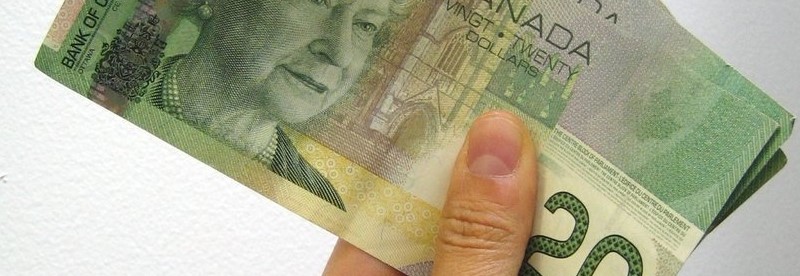We have seen in a previous article that there are conditions surrounding the first payment of rent at the signing of the lease. In this article, we will look at the obligations surrounding the payment process throughout the lease in regard to the form of payment, the issuer, the recipient, the deadlines to be respected, and the prohibited practices.
Unless there is a specific agreement with the landlord noted on the Lease, the tenant must usually pay the rent on the first of every month, in equal monthly installments. The rent payment must always be the full amount of the monthly rent.
The payment is usually made to the landlord listed on the lease or to a representative. Depending on the terms of the lease, the landlord will pick up the rent or the tenant will give it to the landlord.
Forms of payment may include certified cheque, cash, money order, bank transfer, direct debit, or any other means agreed upon with the landlord. The use of post-dated cheques is not an obligation for the tenant, and the landlord cannot impose this type of payment, but it can be acceptable if it is convenient for both parties. The procedure must be included in the lease. It is also possible to make payments by money transfer or even credit card if the landlord is willing to accept them.
Beware of Late Payments
If the rent is not paid on the due date (usually the first of the month), the tenant will be in default the next day and the landlord may charge a fee, if applicable. A landlord who accumulates evidence of frequent late payments and suffers financial or any other harm as a result, or a delay of close to 3 weeks to receive the rent, may require termination of the lease and eviction of the tenant and occupants. The tenant can avoid termination of the lease by paying the late rent and late fees before a judgment is rendered. In the event of non-payment, the Court may order the eviction of the tenant.
Prohibitions
The landlord cannot require any advance payments except for the first rent of the lease which can be required at the time of signing the lease. The price of the rent cannot change during the term of the lease, nor can the monthly amount, unless there is a signed agreement between the parties. We mentioned earlier that the landlord cannot force payment by post-dated cheques, but if it is a mutually agreed upon method, then it becomes acceptable to do so.
What About the Security Deposit?
Thanks to the efforts of CORPIQ, the security deposit is legal as an additional tool to allow an applicant who is turned down for a reason such as a low credit rating. Via a form proposed by CORPIQ, the applicant will have choices to improve his deficient file: by offering to have a guarantor on the lease, a roommate, or by giving a security deposit in order to allow the landlord to have an additional security. This becomes an agreement between the two parties.

